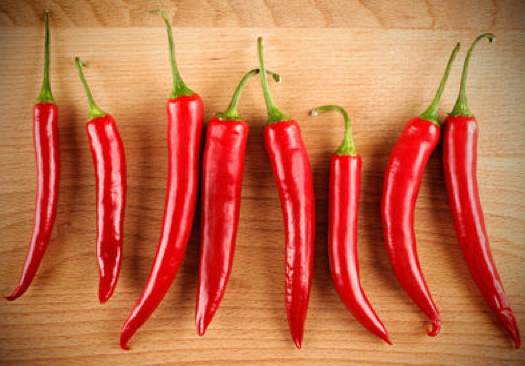If you’re battling to lose pregnancy weight, it’s important to understand what your metabolism is and how it works so that you can better 
Metabolism is a constant process that starts when we are born, only ending when we die. It’s the name used to refer to chemical reactions that occur within the body, some of which are responsible for breaking down proteins, carbohydrates and fats, others which are responsible for coordinating our bodily functions. Thousands of metabolic reactions occur at the same time, all day every day in order to keep us functioning.
Metabolism is simply what occurs in order to break down the carbohydrates, fats, proteins and calories that we take in. This happens in order to for us to take the energy we need from our food.
A slow and sluggish metabolism will still process the calories that we take in, but it will process them more slowly – meaning that more of the calories that we take in are not used for energy and are instead laid down as fat stores. When we eat protein, enzymes in our body break it down into amino acids, when we eat fat, enzymes break it down into fatty acids and when we eat carbohydrates, enzymes break it down into simple sugars. These compounds can then be used as energy sources right away, or they can be stored for use later. Eventually, if the energy isn’t used, it will be stored as fat.
Metabolism Rates
The rate of your metabolism depends on a number of different things, but one of the most important things in determining your metabolic rate is your muscle to fat ratio. Numerous studies have found that the more muscle you have, the more calories you burn even at rest – meaning that your metabolic rate is higher and that you process calories more easily.
The more fat you have, the fewer calories you burn at rest – meaning that your metabolic rate is slower and that it is more difficult for you to process calories. This means that the more lean muscle you have, the more calories your body takes from the food that you put into it to sustain itself. The more fat you have, the fewer calories your body takes from the food that you eat to sustain itself – instead, laying down the rest of those calories as fat stores.
Boosting Metabolism
You can boost your metabolism in a number of ways. Probably the most effective way to boost it is through exercise – in particular, intense exercise such as interval training or weight training. The calorie-burning effects of weight training can last for up to 24 hours, as your muscles will take extra calories from the food that you eat in order to repair any small muscle tears. You can see our 28 Day Diet & Exercise Plan here which is designed to help you boost your metabolism naturally through diet and exercise
Certain foods will also boost metabolism by burning more calories – for example, if you eat protein, your body uses twice as many calories to digest and process the protein compared to foods that are rich in fat or carbohydrates. Some people also believe that spicy foods can boost metabolism – you can see metabolism boosting foods here
If you are ready to lose weight then the Lose Baby Weight plans offer a healthy and safe exercise and diet routine.
And don’t forget to check out our current promotions and discounts page to see what specials we have on this week on our Healthy Mummy product range
